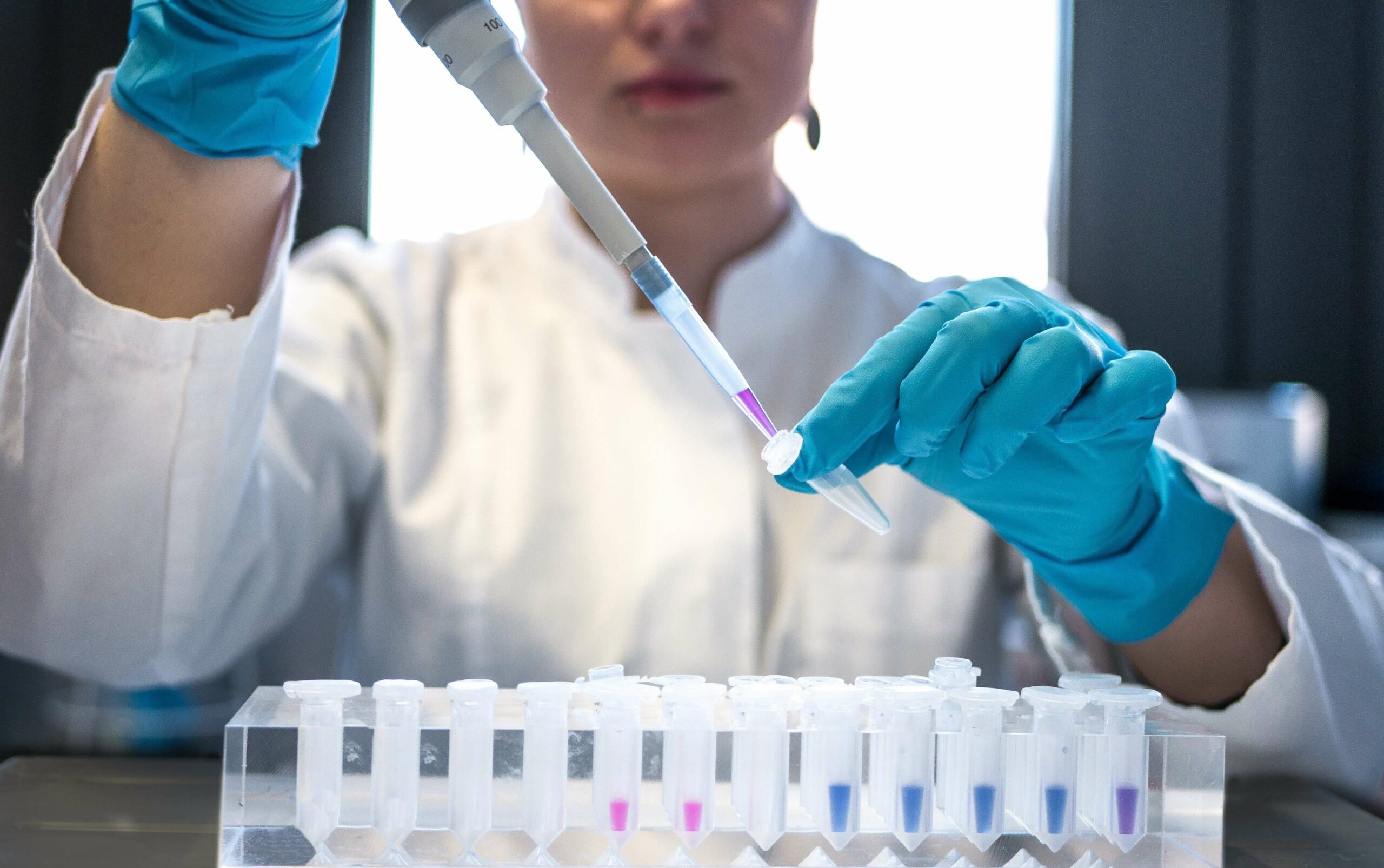When comparing the pregnancy rates of treatments involving egg donation with either fresh or frozen eggs, it becomes evident that they show considerable similarity.
Following the microinjection process, the development of eggs appears to be quite alike, regardless of whether they are fresh or frozen. The field of assisted reproduction is continually advancing, with ongoing studies aimed at helping patients understand the reasons for their infertility and assisting them in achieving their dream of conceiving a healthy baby.
What Does 'Frozen Eggs' Mean?
The term frozen eggs might sound abnormal if you are not familiar with the term. This process is done by women for various reasons. Some women might be diagnosed with cancer and start chemo but would want to still have a child one day, other women might not be ready for children now and still want the option of becoming pregnant later in their life. This is when some of your egg cells will be ‘frozen’ in a laboratory to be used at a later stage for conception.
In society today it is normal to think that something newer, or ‘fresher’ will have better quality, but this is not the case for frozen eggs. Fresh frozen eggs are not always better egg cells.
How Do They Freeze Eggs?
Your doctor will give you hormones to stimulate your egg production. They will then retrieve the egg cells from your ovaries and take them to a laboratory for freezing. In the laboratory, the egg cells will be frozen using a vitrification method. The egg cells will be flash-frozen, by using liquid nitrogen. They will cool the egg cells instantly to – 195 º C. The egg cells will become glass-like, this quick-freezing process eliminates the chance for ice crystals to form inside the egg cell which can damage the egg cell.
What is the Difference Between Fresh and Frozen Donor Egg Cells?
The main difference between fresh and frozen eggs has to do with the timing of the egg fertilisation process.
Fresh eggs will be fertilised within the first few hours of retrieving them from the donor. They are then cultured in the IVF laboratory for 5 days until the egg cells have reached a blastocyst embryo state. The egg cells will be frozen now until the parents are ready for transfer.
Frozen eggs will not be fertilised immediately. They will be frozen within the first few hours after retrieving them. Once the parent is ready for transfer, six or more egg cells will be thawed, fertilised, and cultured to the blastocyst embryo stage. The embryo will then immediately be transferred. It is also possible to freeze the embryo to use at a later stage.
Can Genetic Testing be Performed on Frozen Eggs?
To determine the chromosomal health of the IVF embryos, the PGT-A test (Preimplantation Genetic Testing for Aneuploidy) can be used. Only the embryos with the correct number of chromosomes must be implanted into the uterus. The PGT-A test can be used on either fresh or blastocyst embryos. For the PGT-A test, 5-6 cells will be collected from the part of the embryo that will eventually become the placenta and test for chromosomal normalcy. You should receive the test results within 7-10 days.
Pros and Cons of Using Frozen Donor Eggs
Pros:
Frozen eggs can be used immediately. There is no wait for the donors to complete their cycles. The date and time are flexible, you can pick a date that will be convenient for you. Using fresh egg cells, you will first have to wait until the egg donation cycle is complete. You have flexibility when it comes to coordinating with a sperm source. Egg cells can be thawed and fertilised when the sperm donor is available. Since the egg cells are already frozen, there is no need to worry that the retrieval of egg cells might be unsuccessful.
Cons:
Frozen eggs must first be thawed and then fertilised, whereas fresh eggs are immediately fertilised. There is a limited amount of egg batch sizes, the minimum frozen donor egg cell batch is 6 eggs. With fresh eggs, the parents can reserve larger batch sizes.
Pros and Cons of Using Fresh Donor Eggs
Pros:
You can have a bigger batch of fresh donor eggs. Securing a bigger batch of egg cells makes it easier for you to secure additional eggs from the start to use in the future for siblings or to test the embryos genetically. Theoretical outcomes are improved when the sperm is abnormal.
Cons:
Just because you have embryos available does not mean that you would change your mind about having siblings in the future. It is important to discuss what will happen to the unwanted embryos. Sperm must be available on the day of egg cell retrieval. If there is a delay in sperm delivery, the egg cells will need to be frozen unfertilised. It takes two to three months to complete a fresh donor egg cell cycle. There is the potential risk for fresh egg cell donation to be interrupted or cancelled.


 71–75 Shelton Street, Covent Garden, London, WC2H 9JQ
71–75 Shelton Street, Covent Garden, London, WC2H 9JQ +44 (0) 20 3376 1032
+44 (0) 20 3376 1032



